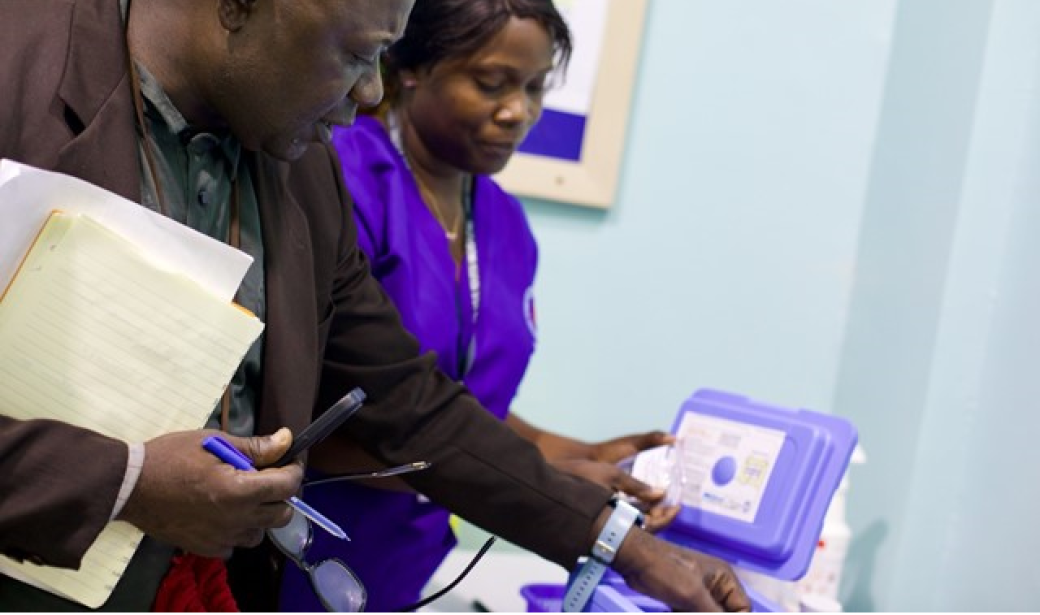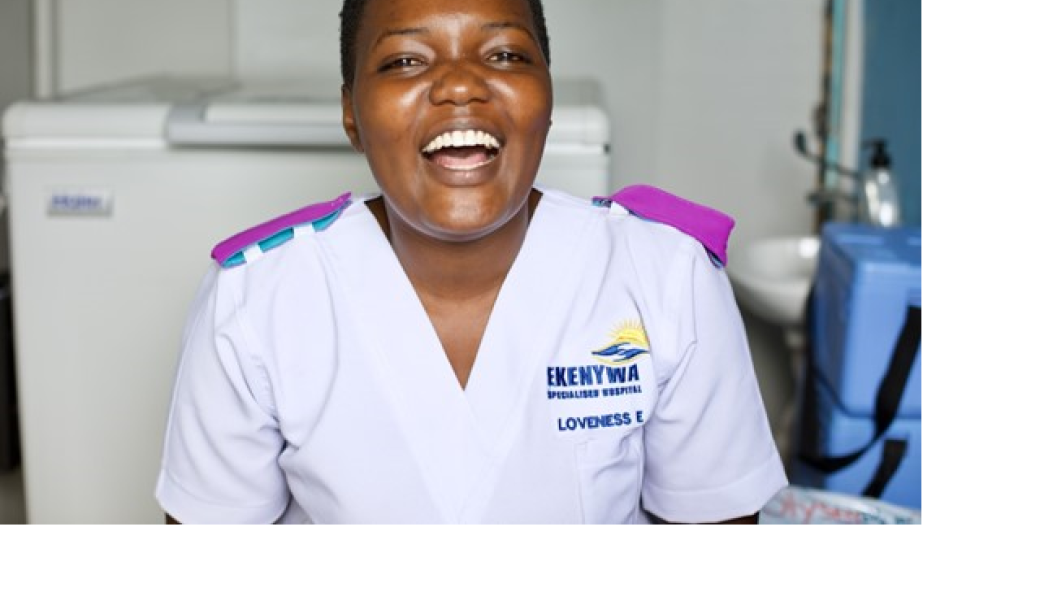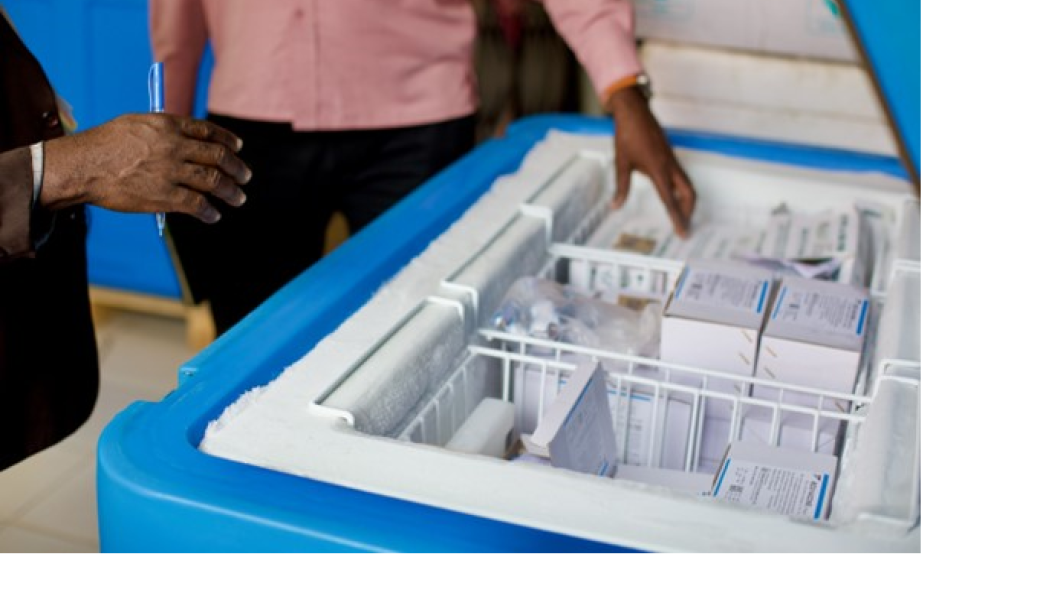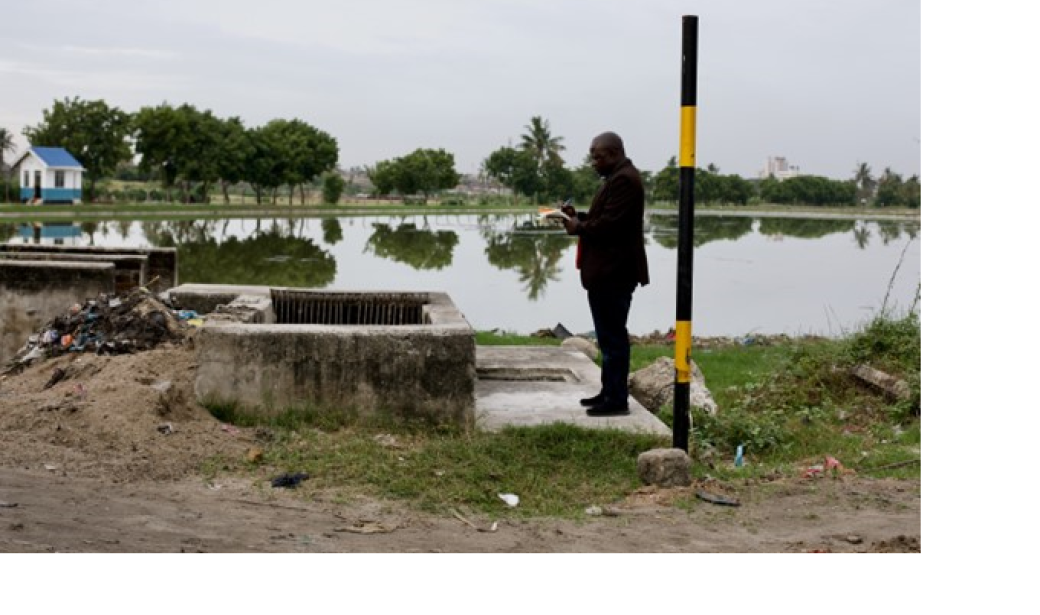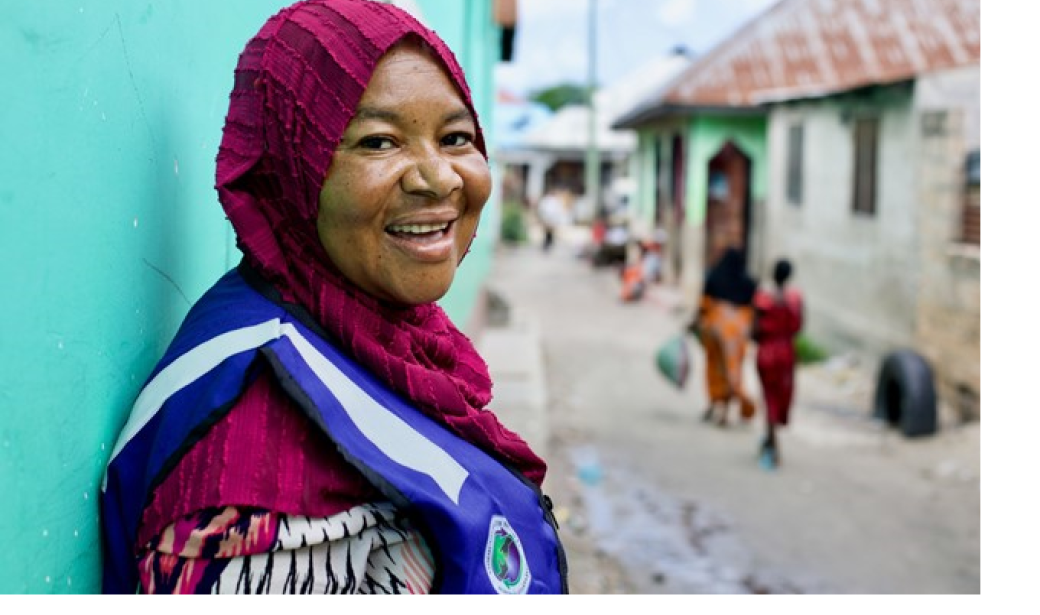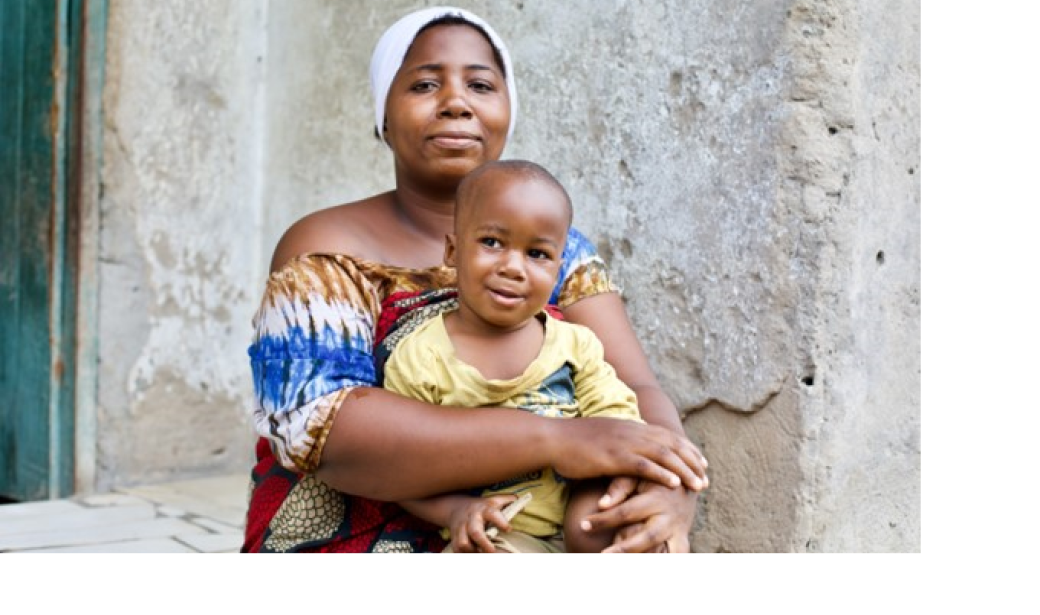Dar es Salaam - Far from being “fault-finding” missions, polio Outbreak Response Assessments offer an opportunity to build country capacity for disease surveillance and preparedness, one health facility at a time, says Sambo Godwin Ishaku, logistics and cold chain officer with World Health Organization (WHO) in Tanzania .
Tanzania recently concluded an Outbreak Response Assessment to evaluate its vaccination and surveillance capacity to detect and halt polio transmission. Ishaku stresses that if health workers are not trained to recognize the signs of diseases such as polio, cases can be easily missed.
The emergence of wild poliovirus type 1 in Malawi and Mozambique, and ongoing circulating variant poliovirus type 1 and 2 (cVDPV1 and cVDPV2) outbreaks in south-east Africa, pose a high risk for Tanzania. More than 15 million children have already been vaccinated in Tanzania since the launch of the joint vaccination drive against wild poliovirus in southern Africa in early 2022.
The Outbreak Response Assessments are essential to ensure the maintenance of high standards of emergency preparedness and are repeated every six months in affected countries until outbreaks can be certified as closed.
Part of a team of international experts from the Global Polio Eradication Initiative, Ishaku and his colleagues were tasked with interviewing focal people in underperforming districts across Tanzania to understand the challenges and make recommendations.
He interviewed health workers, checked equipment and records at health facilities, vaccine storage sites, environmental surveillance sites and communities.
Acute Flaccid Paralysis (AFP), or sudden onset of paralysis of the limbs and muscles, is a key warning sign for polio.
“This is a large hospital, how many children do you see each day?” asks Ishaku, and they respond: “Maybe 20.”
Then he delivers the lesson: “If you don’t know about AFP you could be missing many children that need to be reported.”
In 2022, Tanzania investigated 1284 AFP alerts through specimen testing, with all results negative for polio so far. AFP can also be non-polio-related, and can be expected to be found in three in every 100 000 children. Some privately-owned health facilities, especially, view polio surveillance as too resource-intensive.
“I’m really glad we came here today,” says Ishaku, who has 20 years of experience in polio response.
Goodluck admits to being nervous: “I’m anxious because I don’t know what question will come next! But I know this is building my capacity.”
“Dr Sambo said I did really well. When I showed him my charts and records, he said this is lovely… and Loveness is my name!”
The assessments examine surveillance along with all other aspects of outbreak response at regional, district and community levels, such as planning and coordination, population immunity, supplementary immunization activities (SIA), communication and community engagement, and vaccine management.
“There are issues with samples reaching the lab in good condition so we need to understand how to improve this,” he says. “Polio is tricky. We know it is there but we don’t know where it is going. Environmental surveillance plays a key part in monitoring this movement.”
In Mnyamani, an informal settlement in Dar es Salaam, which is considered hard-to-reach, Ishaku meets Mariamu Jumaa Mlugu. She is a community mobilizer and polio health worker whose role is key in preparing the ground for vaccination teams.
“Some people are worried about the assessment because it can feel like an exam, but I tell them if you cook food at home, you cannot taste it yourself and say it’s good. You welcome your neighbour and they can tell you how it tastes. If people make any comments, use them to do better next time,” she says.
Mlugu works closely with community healer Haj Suleman, who tells Ishaku about his efforts to promote the polio vaccination campaign: “I always tell people how important the vaccine is. I had polio in 1967 and I’ve had some issues walking since then. Some of my relatives also got it, and have disabilities.”
Community healers are trained in surveillance by WHO and are key allies in the fight against polio. They act as boots on the ground, identifying and reporting suspected AFP cases to health facilities.
“If you ask anyone in the community, they will tell you how successful the vaccination campaign was,” Mlugu says, adding that the assessment will help identify potential for future improvements.
“Tanzania is doing great,” says Ishaku. “Almost everyone we met is in tune with the programme, giving it their all to ensure we can make a big difference to the lives of children.”
His recommendations will emphasize the need for improved and increased active surveillance visits and supervision. Some solutions include further training and capacity building, communication materials and establishing surveillance coordination structures with a dedicated surveillance officer.
For Tim Petersen, deputy director of country operations on the polio team at the Bill and Melinda Gates Foundation, and leader of the Tanzania mission, this is the latest of a series of similar assessments carried out in Malawi and Mozambique since the outbreak began.
He stresses that just because Tanzania has not had a case of poliovirus, there is no room for complacency: “The polio threat is real and we need everybody to know their job and be ready to roll.”



